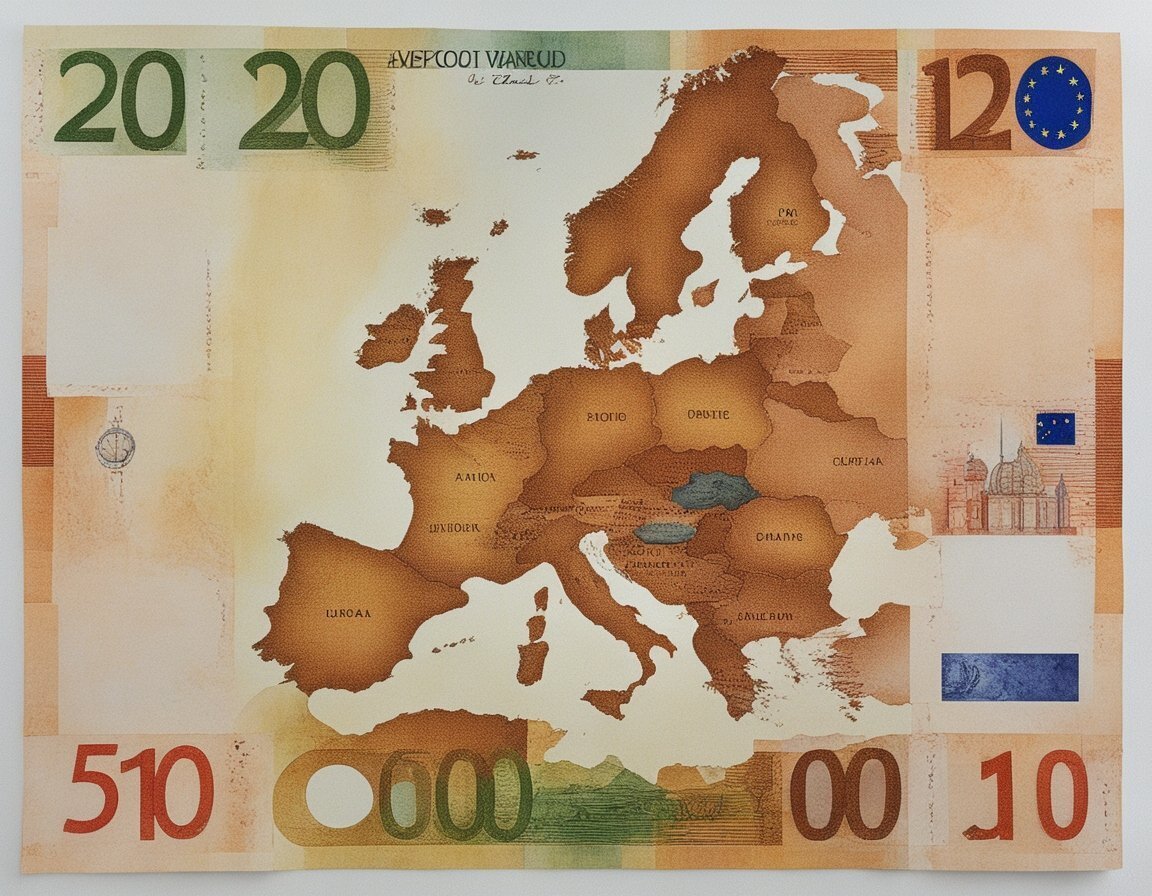The First Company to Embrace EU Regulations
Without any major surprises in the market, the first company to announce its compliance with regulatory standards in the EU is Circle. Its French subsidiary will launch the issuance of USDC and EURC in accordance with the upcoming EU regulatory framework for Markets in Crypto-Assets (MiCA). The company has obtained an Electronic Money Institution (EMI) license from the Autorité de Contrôle Prudentiel et de Résolution (ACPR)—the French banking regulatory authority. This means that both USDC and EURC will be issued in the EU in compliance with the regulatory framework coming into effect on June 30, 2024.
“Since its inception, Circle has been committed to building a durable, compliant, and well-regulated infrastructure for stablecoins. Our alignment with MiCA, one of the most comprehensive regulatory laws for cryptocurrencies worldwide, marks a significant step forward in bringing digital currency into widespread adoption. By closely working with French and EU regulators, we can now offer both USDC and EURC as fully compliant dollar and euro stablecoins in the European market, unlocking immense potential for digital assets to transform finance and trade.”
— Jeremy Allaire, Co-founder and CEO of Circle.
“Achieving compliance with MiCA through our French EMI license is a significant step forward, not only for Circle but for the entire digital financial ecosystem in Europe and beyond. As digital assets become increasingly integrated into mainstream finance, establishing robust and transparent frameworks is crucial for promoting trust and adoption. Today’s announcement further strengthens our commitment to building a more inclusive, compliant future for the internet of finance.”
— Dante Disparte, Chief Strategy Officer and Head of Global Policy at Circle.
As one of the leading stablecoins by market capitalization, USDC is currently the only stablecoin compliant with MiCA. This achievement highlights Circle's commitment to regulatory compliance for dollar and euro stablecoins. The company’s proactive approach to meeting high standards of security, transparency, and oversight will help promote the mass adoption of regulated digital currencies.
What Does This Mean for the Average Consumer?
This announcement is the result of a marketing twist from the most regulated stablecoin associated with BlackRock. For us—ordinary consumers navigating the secondary market—it may not seem extraordinary. According to EU regulations, companies like Circle should suspend the issuance of stablecoins if they meet two criteria: a trading volume exceeding one million transactions or a daily trading volume of 200 million euros. However, there’s a caveat: peer-to-peer (P2P) trading and crypto-to-e-money transactions do not count towards this definition.
There is a significant possibility that, under these regulations, Tether (USDT) may not be able to comply. Additionally, the issue of staking stablecoins in Poland remains, as this license does not influence such activities. Let’s hope that the intellectuals in our home territory find a way to address that as well.
In conclusion, Circle’s proactive stance represents a potential turning point for stablecoins in the EU, but it also raises important questions about how these regulations will affect other players in the market and the average consumer's engagement with digital currencies. As the cryptocurrency space evolves, the focus on regulatory compliance will likely dictate the future landscape of digital finance.




Recommended Comments
There are no comments to display.
Join the conversation
You can post now and register later. If you have an account, sign in now to post with your account.